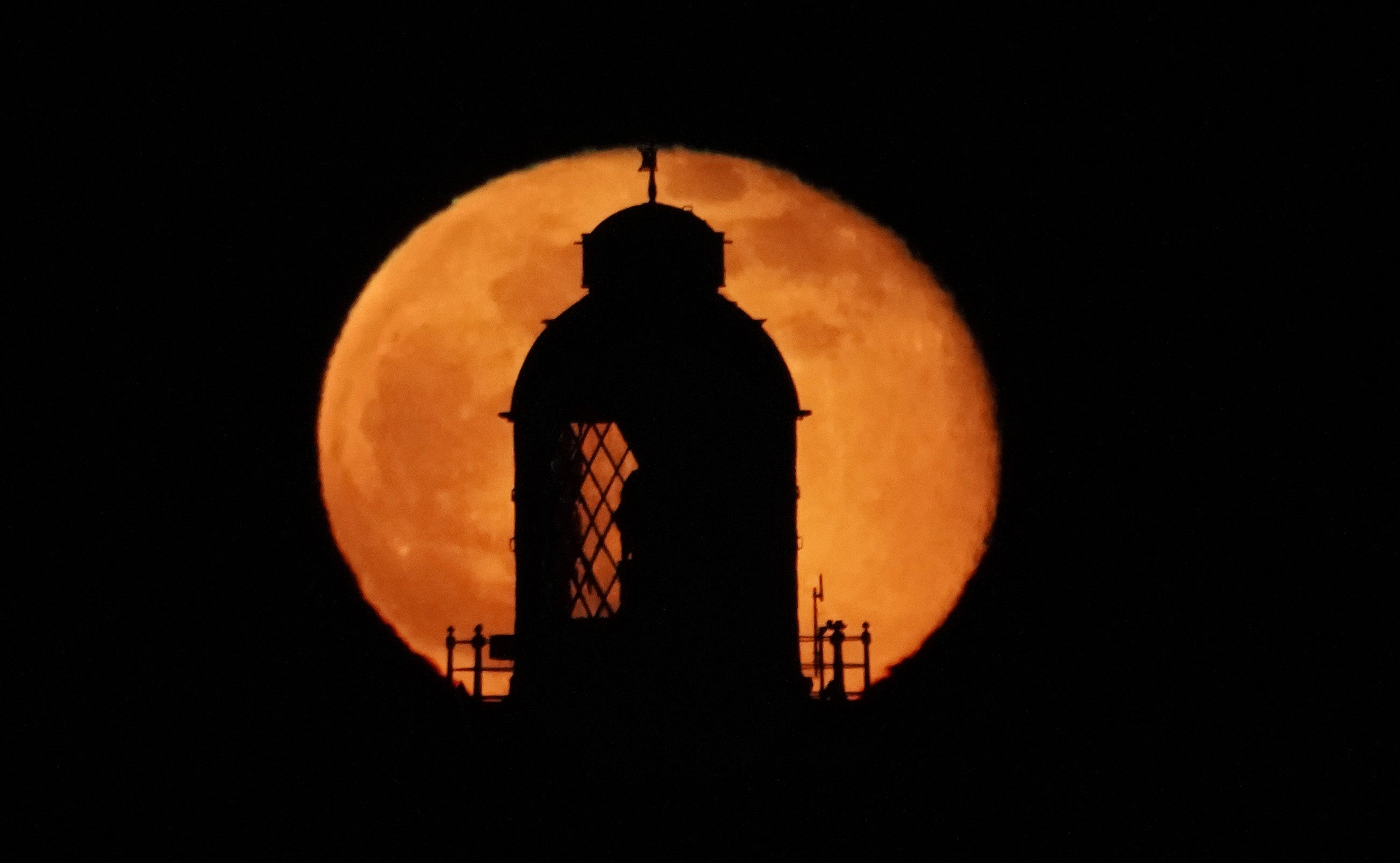Next ‘Supermoon’ will arrive just before Christmas and be particularly eerie
There is no clear or consistent definition of what a Supermoon actually is

The last ‘Supermoon’ of the year will arrive in the coming days – but nobody will see it.
In recent years, popular excitement has grown about Supermoons, where our nearest neighbour is closer than usual. The smaller distance makes the Moon look bigger and brighter.
On 23 December, the Moon will be unusually close, at a mere 360,000 kilometres away. That meets the usual definition of a Supermoon.
But it will also be a new Moon. As such, the moon will not really be visible, because the arrangement of the Moon and Sun means that the former will be in the dark.
Some people refer to such events as a “Super New Moon”. While they don’t offer any particular show – the Moon is still very large, but it’s also very dark – they have gained new popularity as interest in Supermoons generally have grown.
There is no real definition of what actually counts as a Supermoon. The word was first coined by astronomer Richard Nolle in 1979 – who used the definition of when the Moon is within 90 per cent of its closest approach to Earth, which works out at just under 370,000 kilometres away.
There are other definitions, though they usually come out at about the same number. Since the word is not a precisely defined astronomical term, there probably will not ever be any definitive conclusion of where the threshold for a Supermoon is.
Likewise, it is not clear whether a super new moon of the kind that arrives on 23 December actually counts as a Supermoon. While some people count them, others don’t – largely for the reasoning that the reason to be excited about one is because of its brightness, and that is not present when the Moon is full.
Join our commenting forum
Join thought-provoking conversations, follow other Independent readers and see their replies
Comments
Bookmark popover
Removed from bookmarks